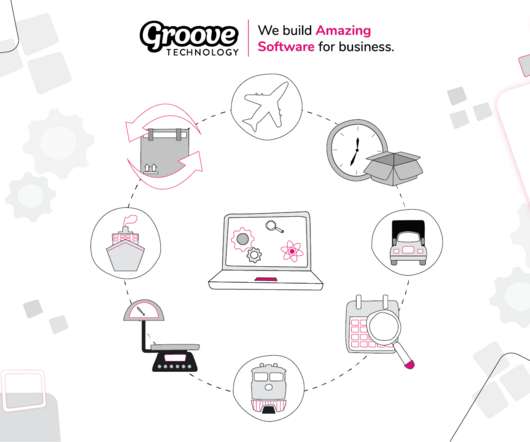HCL Commerce Customization Capabilities: Empowering Businesses with Tailored E-commerce Solutions
Perficient Digital Transformation
JULY 25, 2023
While numerous off-the-shelf e-commerce results exist, they often fall suddenly in meeting the specific requirements and branding of individual businesses. It allows you to extend or modify the existing features and capabilities to meet your specific business requirements.












Let's personalize your content